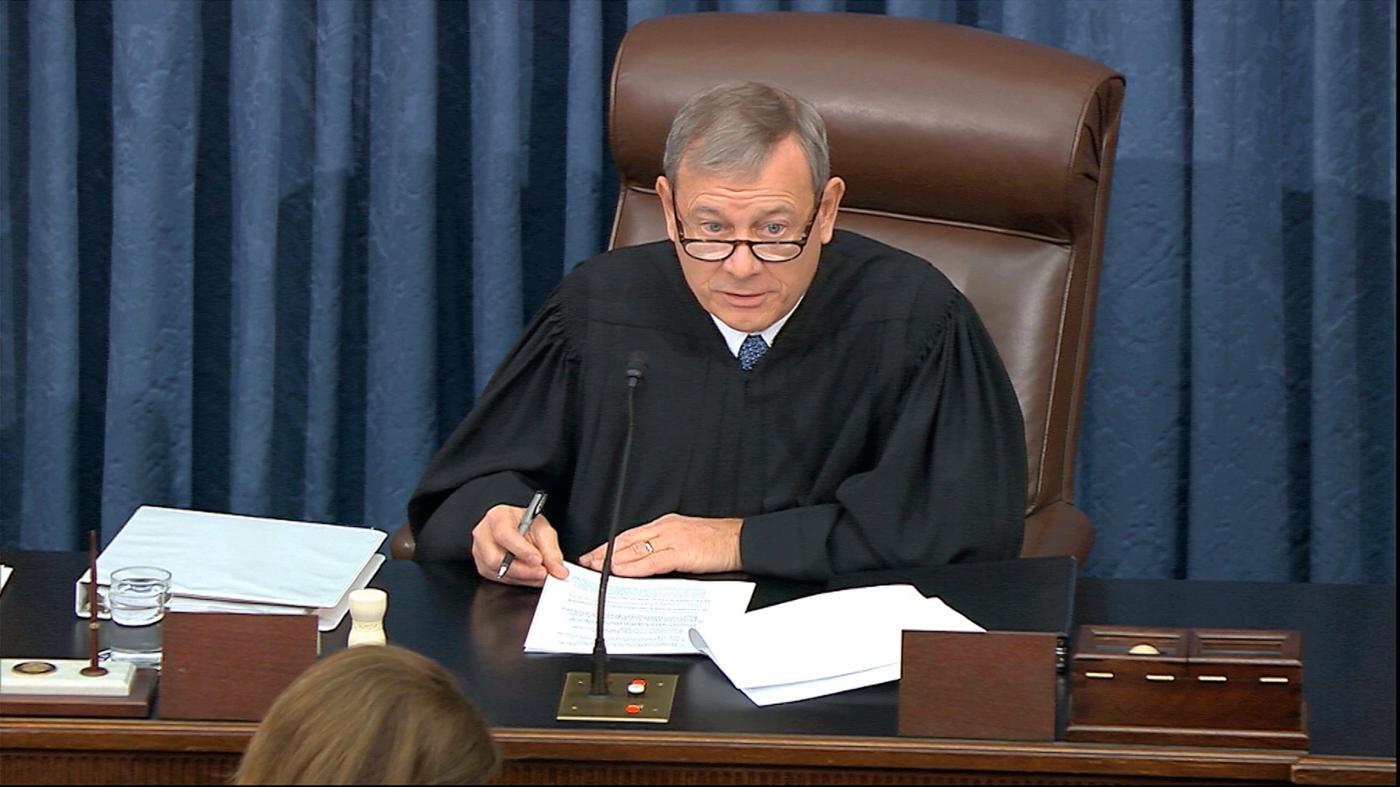
Other voices: A middle ground on presidential immunity
The U.S. Supreme Court ended its term Monday with a highly anticipated decision that provides American presidents with a modicum of immunity from criminal charges. The case was ostensibly about Donald Trump, but in fact the ruling sets guidelines intended to ensure the nation — regardless of which man, woman or party holds the Oval Office — doesn’t become mired in a series of retaliatory and vindictive prosecutions.
Progressives, fixated on Trump, argue that the 6-3 decision “creates a law-free zone around the president,” as Justice Sonia Sotomayor described it in her dissent. But it does nothing of the sort.
“The president enjoys no immunity for his unofficial acts,” Chief Justice John Roberts wrote for the majority,” and not everything the president does is official. The president is not above the law. But Congress may not criminalize the president’s conduct in carrying out the responsibilities of the executive branch under the Constitution.”
Note that the court explicitly rejected Trump’s claim of absolute immunity. “Trump asserts a far broader immunity,” the majority opinion holds, “than the limited one we have recognized.” But the idea, put forth by special prosecutor Jack Smith and the government that a president has no special protection is equally pernicious. Would it be good for the country to allow a former president to face politically motivated prosecutions involving a policy dispute?
In the current political climate, such concerns are not theoretical.
“Virtually every president is criticized for insufficiently enforcing some aspect of federal law (such as drug, gun, immigration or environmental laws),” Roberts wrote. “An enterprising prosecutor in a new administration may assert that a previous president violated that broad statute. Without immunity, such types of prosecutions of ex-presidents could quickly become routine.”
The decision will require federal courts to hold evidentiary hearings to determine which actions charged by Smith amount to “official” and “unofficial” acts. But it in no way stops the government from prosecuting Trump for actions he took that were unrelated to his duties as president. Trump’s attorney conceded during oral arguments that some of the conduct that caught Smith’s attention was related to unofficial actions.
Despite the apocalyptic protestations of the dissenting liberal justices, the majority has carved out a middle ground that rejects the extreme arguments made by both the former president and the special prosecutor who pursues him. Trump — or any other president — is not above the law. But neither should they be victims of politically motivated criminal prosecutions.
— The Las Vegas Review Journal
Related Articles
Lisa Jarvis: Game-changing HIV shot can’t get to high-risk groups fast enough
Stephen L. Carter: Trump might not wind up liking the Supreme Court’s immunity decision
Analysis: Republicans are downplaying abortion, but it keeps coming up
Trump’s immunity ruling sets up ‘mini trial’ before election
Many voters, including a third of Democrats, want Biden replaced as Democratic nominee

